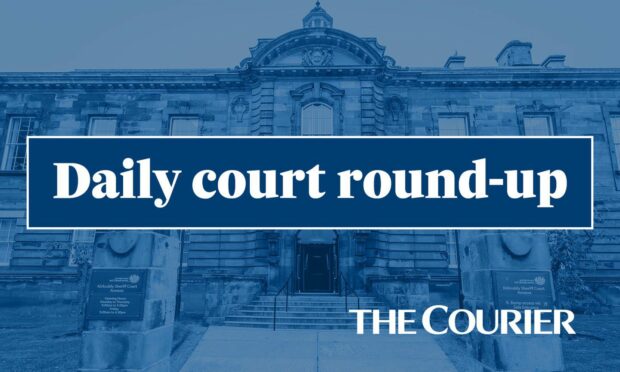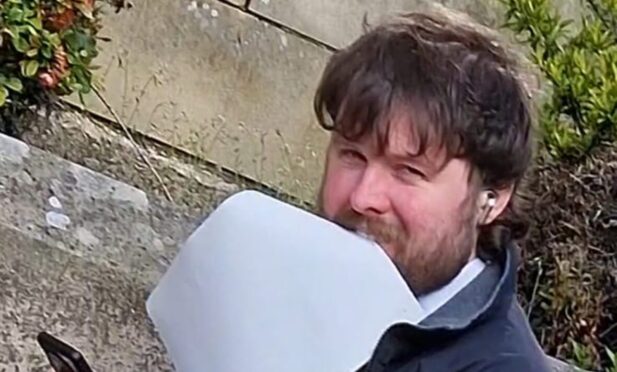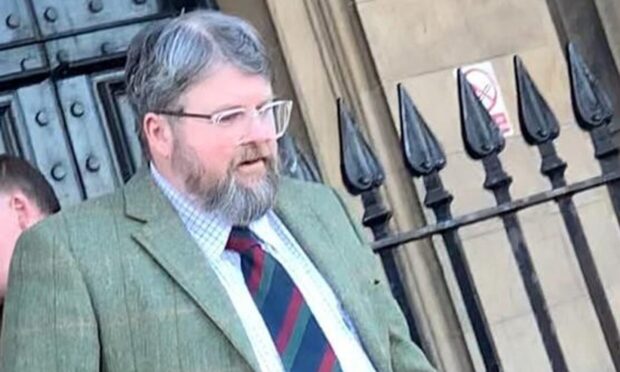A shamed nurse who embezzled from a mental health charity benefited to the tune of nearly half a million pounds, a court has been told.
Elaine Fox narrowly avoided being sent to prison last year after she admitted siphoning money from the East Neuk Recovery Group Initiative, known as ENeRGI.
Fox, now 52, pleaded guilty to taking £34,136 from the publicly-funded charity over a period of more than four years, between January 2013 and July 2017.
But Dundee Sheriff Court heard she had managed the organisation for more than 15 years and yesterday she faced proceedings under the Proceeds of Crime Act alleging her profits from the crime were nearly £457,000.
Prosecutor Saima Rasheed said the alleged total – £456,941 – includes the £34,136 Fox pleaded guilty to.
She said: “That’s the benefit figure the Crown are now alleging.”
She added that “discussions” had been ongoing with Fox’s defence team “for some time”.
Solicitor Theo Finlay, for Fox, who was not personally present, asked for the case to be continued for her to be represented by counsel.
Sheriff Alastair Carmichael continued the case until December 5, when a date for an evidential, or “proof”, hearing may be set.
The ENeRGI initiative is funded by the Scottish Government, Fife Council and through voluntary donations.
In November 2018, Sheriff Carmichael sentenced Fox, of Ladybank, Fife, to carry out 160 hours of community service after he heard she had paid back some £16,000 of the money she admitted taking. He also placed her under supervision for two years and imposed a four-month 7am-to-7pm punishment curfew.
The court heard at the time that Fox, who also goes by the name of Smith, was a co-signatory on the St Monans-based charity’s bank account and was in charge of writing cheques to cover the payroll.
The crime came to light when ENeRGI’s finance officer noticed money missing from its accounts.
When challenged, Fox claimed she had been using her own money to cover wages of the charity’s staff. But she later confessed that she had been “taking advances” on her own wages.
The Proceeds of Crime Act allows the authorities to seek confiscation of cash or assets that the Crown allege are the “ill-gotten gains” of criminal conduct.
It is not uncommon for the Crown to seek figures far in excess of amounts actually admitted to have been stolen.
This is because the law allows specialist lawyers, based at the Crown Office’s Proceeds of Crime unit in Edinburgh, to calculate the profits a criminal may have made over a period that may exceed that originally alleged in court, to add “profits on profits” – for example interest, or the appreciating value of property bought with crime money – and in the case of someone allegedly funding their “lifestyle” through crime, to go back six years preceding the date of the offence.










